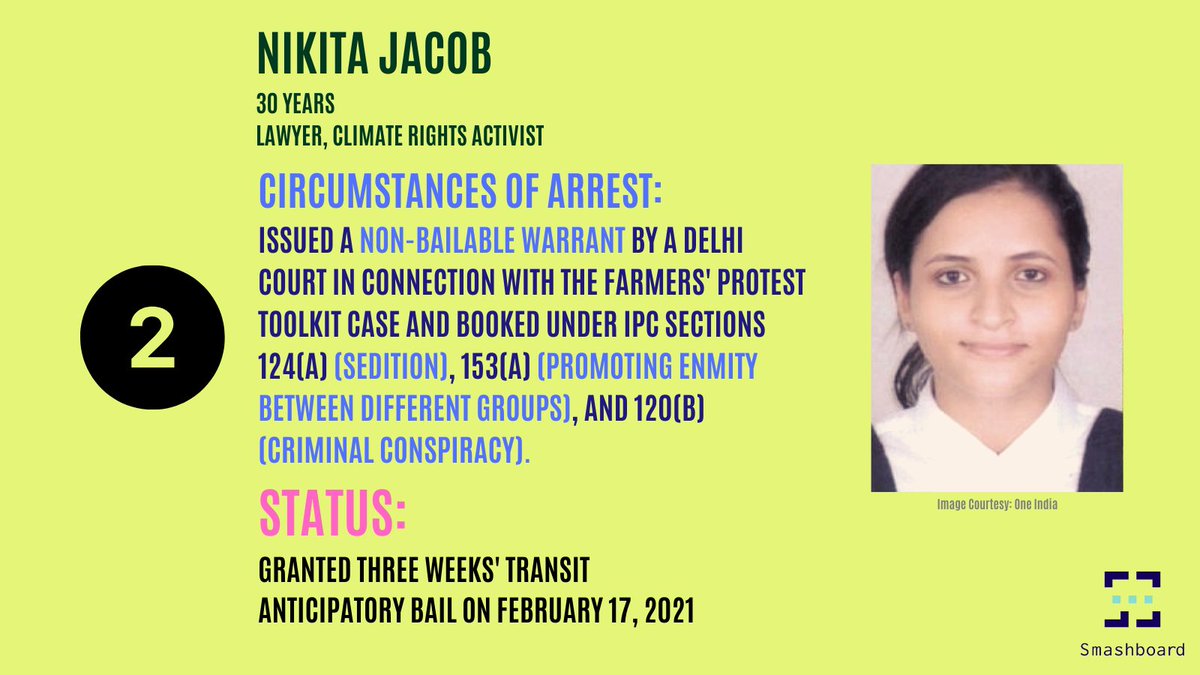
Systems of oppression are founded on an “us vs them” narrative. These systems thrive by subjugating those who deviate from a group's bigoted norms deemed as the "other"; seeking to dehumanise and strip "other" individuals and communities of their sense of being and livelihood.
Empathy does the opposite—it works to validate all forms of existence. Author Isabel Wilkerson in her book 'Caste: The Origins of Our Discontents' asks us to nurture 'radical empathy' to challenge structural oppression.
“When an accident of birth aligns with what is most valued in a given caste system, whether being able-bodied, male, white, or other traits in which we had no say,
...it gives that lottery winner a moral duty to develop empathy for those who must endure the indignities they themselves have been spared. It calls for a radical kind of empathy.”
Empathy means decentering our own experiences & feelings. While being open to other perspectives without letting our judgement cloud understanding is important, radical empathy goes beyond passive listening to put in the necessary effort needed to dismantle oppressive structures.
Empathy is not a substitute for the lived experiences of marginalised communities. In claiming to be more sensitive and understanding, privileged communities often dictate what is or isn't hurtful, offensive, and oppressive to marginalised communities.
This leads to the negation of lived experiences of oppressed groups by making it harder for them to break their silence. It's crucial to remember that radical empathy is not about you.
"Radical empathy is not about you and what you think you would do in a situation you have never been in and perhaps never will. It is the kindred connection from a place of deep knowing that opens your spirit to the pain of another as they perceive it."
"The price of privilege is the moral duty to act when one sees another person treated unfairly. And the least that a person in the dominant caste can do is not make the pain any worse.”
Capitalist culture prioritises individual goals and ideas within rigid structures. Nurturing empathy is often seen as unnecessary mental labour and fatigue that serves no purpose.
However, individual acts of empathy can go a long way. Every time we reach across the boundaries created by oppressive systems, we push back against the hate that fuels these systems and create a culture of engagement where empathy becomes the norm.
• • •
Missing some Tweet in this thread? You can try to
force a refresh





